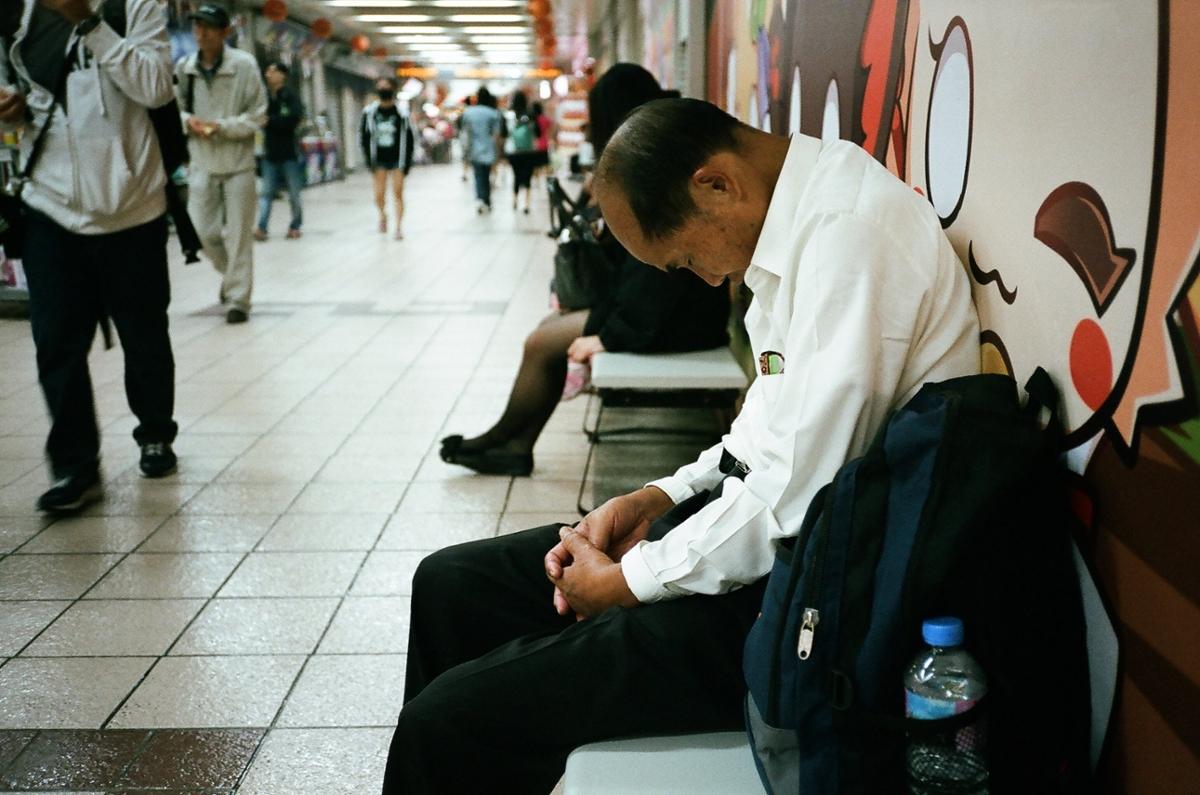Getting a good night’s sleep is vital for health. Chronic lack of sleep is involved in causing all sorts of adverse outcomes, including less occupational success, psychological instability, lower happiness levels, being overweight, diabetes, cardiovascular disease, and a shorter lifespan. Health researchers are worried about the sleep health of people in the United States, generally. More than one in three US adults sleep fewer than seven hours per night, the minimum recommended by the American Academy of Sleep Medicine.
In 2020 a group of health researchers published a review summarizing data from many studies showing a relationship between wealth inequality and racial inequality and sleep problems in United States residents.
Data published by the Centers for Disease Control and Prevention shows that people with lower income, and racial and ethnic minorities get less sleep. More than thirty-three percent of those living in households with incomes below the poverty level chronically get fewer than seven hours of sleep per night.
This sleep gap is due to a complex system of disadvantages. People who work multiple jobs are sixty-one percent more likely to sleep fewer than six hours on a weeknight because of the time spent at work and commuting between jobs. High housing prices in urban centers push lower income people farther out from those centers, forcing them to spend more time commuting to work. The stresses of food insecurity, discrimination, and unfavorable neighborhood characteristics play a role too.
The researchers argue that sleep health is not simply a matter of individual choice, but involves multiple levels of influence, from interpersonal factors, to community influences, to the broader society.









